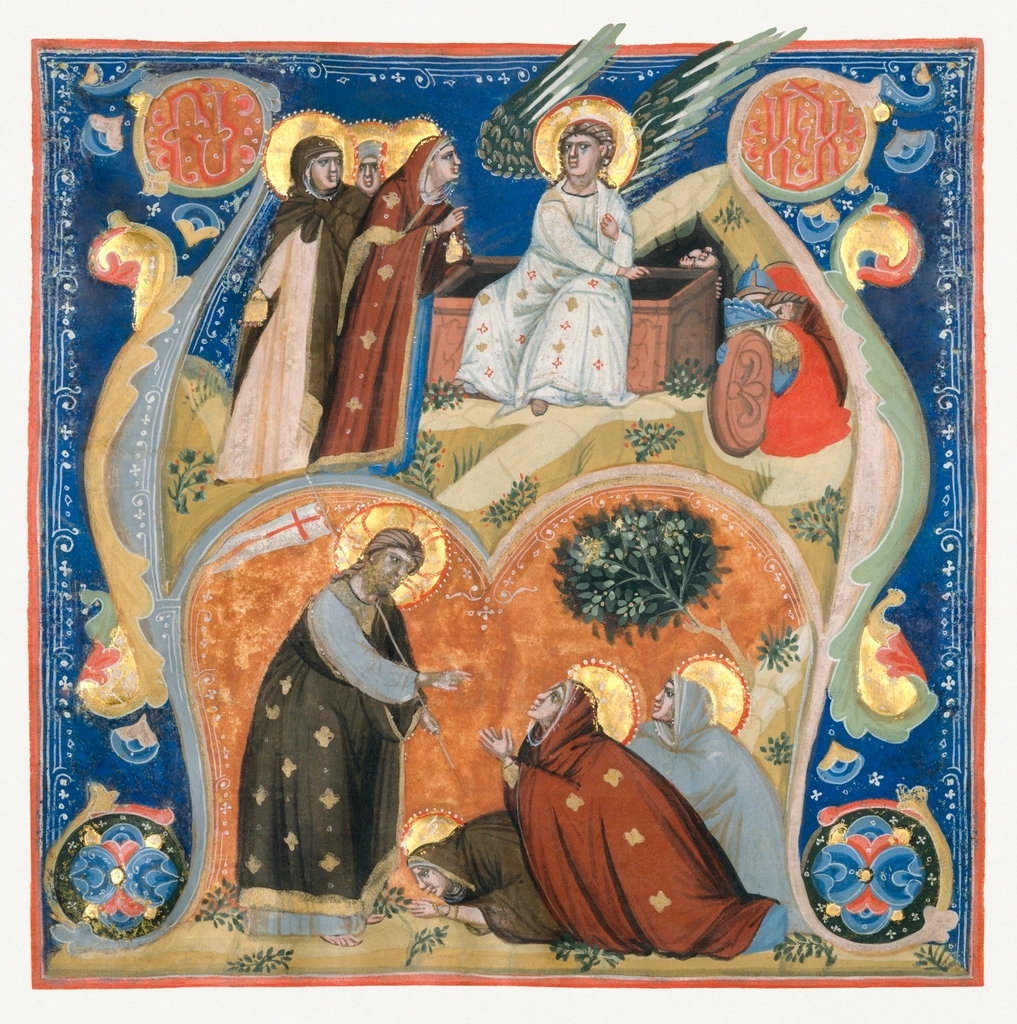Introduction
The term “Gentiles” appears frequently throughout the Bible, carrying diverse connotations and implications. Often misunderstood or oversimplified, the concept of Gentiles holds significant theological, historical, and cultural relevance within biblical narratives. In this comprehensive exploration, we delve into the multifaceted identity of Gentiles in the Bible, unraveling their roles, significance, and evolving interpretations across various contexts.
I. Etymology and Linguistic Context
To understand the concept of Gentiles, it’s crucial to explore its etymology and linguistic nuances. The term “Gentiles” derives from the Latin word “gentilis,” meaning “of or belonging to the same people or nation.” In the biblical context, Gentiles primarily refer to non-Jewish individuals or nations. However, the Hebrew Scriptures often use other terms such as “nations” (goyim) or “peoples” (amim) interchangeably with Gentiles, reflecting the diversity and complexity of identities encompassed by the term.
II. Historical Perspectives
The historical backdrop of ancient Israel provides crucial insights into the perception of Gentiles. Initially, Gentiles were viewed through the lens of tribalism and ethnocentrism, often depicted as outsiders or adversaries in biblical narratives. The Israelites, as God’s chosen people, maintained a distinct identity, emphasizing religious and cultural separation from surrounding nations.
III. Gentiles in the Old Testament
In the Old Testament, Gentiles play multifaceted roles ranging from adversaries to recipients of divine favor. While Gentile nations like Egypt and Assyria are depicted as oppressors of Israel, individuals such as Ruth, Rahab, and Naaman emerge as notable figures demonstrating faith and righteousness. These narratives challenge rigid ethnic boundaries, emphasizing the inclusivity of God’s salvation plan beyond the confines of Israel.
IV. Gentiles in the New Testament
The advent of Jesus Christ marks a significant shift in the portrayal of Gentiles within the biblical narrative. Jesus’ ministry embodies a radical inclusivity, extending salvation to all humanity irrespective of ethnic or religious background. The New Testament portrays Gentiles as integral participants in God’s redemptive plan, symbolizing the universality of Christ’s message and the abolition of ethnic barriers.
V. Pauline Doctrine and Gentile Inclusion
The apostle Paul plays a pivotal role in shaping the theological understanding of Gentiles within early Christianity. Paul’s missionary endeavors among Gentile communities underscore the transformative power of the gospel in transcending cultural and religious divides. His epistles articulate the doctrine of justification by faith, emphasizing the egalitarianism of salvation and the inclusion of Gentiles into the body of Christ.
VI. Gentiles in the Early Church
The inclusion of Gentiles within the early Christian community was not without challenges and controversies. The Jerusalem Council (Acts 15) deliberated on the status of Gentile believers, ultimately affirming their full acceptance into the Church without the burden of Jewish law. This pivotal decision laid the foundation for a diverse and inclusive Christian fellowship, transcending ethnic boundaries and cultural differences.
VII. Contemporary Perspectives and Implications
The theological significance of Gentiles extends beyond biblical narratives, resonating with contemporary discussions on diversity, inclusivity, and identity. In a globalized world characterized by cultural pluralism, the biblical portrayal of Gentiles reminds us of the inherent dignity and value of every individual, regardless of their background or heritage. Embracing the inclusive vision of the gospel entails recognizing and affirming the humanity of all people, fostering unity amidst diversity.
Conclusion
The identity of Gentiles in the Bible encompasses a rich tapestry of historical, theological, and cultural dimensions. From ancient tribal conflicts to the inclusive vision of the gospel, the biblical narrative challenges us to transcend narrow conceptions of identity and embrace the inherent dignity of every individual. As we reflect on the role of Gentiles in Scripture, may we embody the radical inclusivity of God’s love, extending grace and acceptance to all, just as we ourselves have received.







